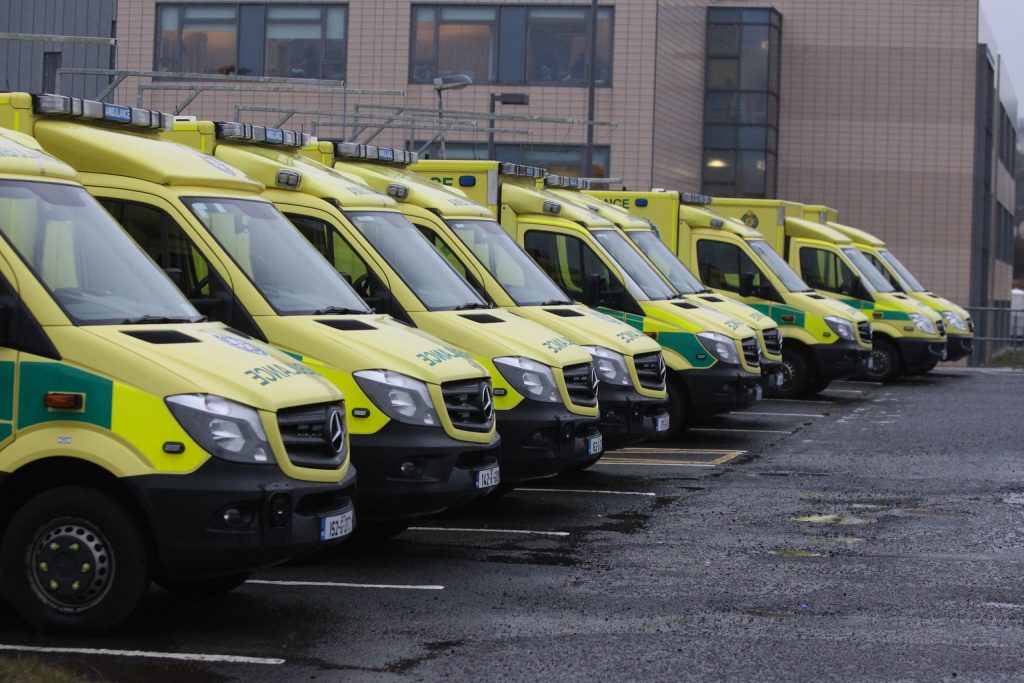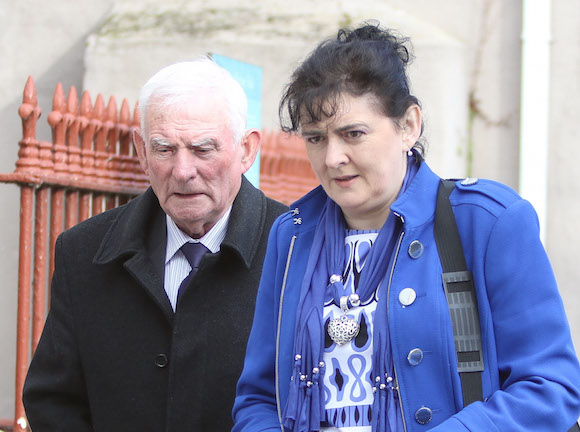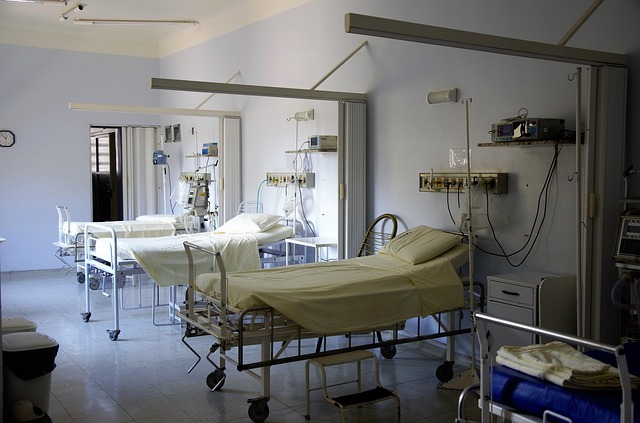For two full days last week I sat in Buncrana Courthouse for the inquest of Maura Porter.
I listened and watched the pain on the faces of Neil and Davina Porter, the husband and daughter of the late Mrs Porter.
She was a sprightly 70-year-old who walked to mass in her hometown of Carndonagh on the Inishowen Peninsula to light a candle and say a prayer.
On the evening of December 30th, 2013, she followed her routine but unfortunately never returned to spend another evening in the comfort of her home amongst her loving family.
Maura died from injuries she sustained after being struck by a car at 5.41pm as she returned from what would be her last visit to her local church.
by Stephen Maguire
It took an emergency ambulance 50 minutes to get to Maura on the side of a damp and dark road just 150 yards from her home.
Despite their despair and heartbreak, the Porter family did not blame the emergency services.
The acknowledged that the men and the women on the frontline of the healthcare service did their best to save Maura.
It was the system which contributed to the death of Mrs Porter.

A view of the Ambulances at Letterkenny University Hospital which regularly use the nearby Circular Rd and Glencar Rd on emergency calls to and from the Hospital. Photo Brian McDaid
The director of the National Ambulance Service, Professor Cathal O’Donnell was questioned at the inquest into Maura’s death.
He told how five ambulances were ‘backed-up’ at Letterkenny University Hospital on the night a 999 call was put through to the control centre in Ballyshannon.
Ironically the ambulance nearest to Maura’s home was just two minutes away based in Carndonagh but it had gone to Malin to answer an emergency call there and there was no cover.
The five ambulances stuck in Letterkenny were amongst a total of nine which were on call to cover the entire of Donegal that day.
It took those five ambulances between two and four and a half hours to ‘off-load’ patients at the hospital for whatever reason.
Why it took that long to turn these ambulances around admitting patients when Professor O’Donnell revealed there were between 10 and 15 empty was not answered.
But the reality is that living in Donegal is bad for your health and living in rural Donegal means that people who become ill are forced to play a game of Russian roulette every day.
Successive Governments have ignored the fundamental needs and rights of people living in Donegal, be that in remote Glengad, Gaoth Dobhair or Glencolumbcille.
Professor O’Donnell also told Mrs Porter’s inquest how the average time for reaching a patient by ambulance once a 999 call is received is 19 minutes.
He added that he accepted that is an average time and that it may be longer in rural Ireland.
The fact of the matter is that few ambulances, unless a person lives within a couple of miles of Letterkenny University Hospital, make it in under that time.

Neil and Davina Porter at the inquest into Maura Porter’s death at Buncrana Courthouse. Pic by Northwest Newspix.
And if they are lucky enough to make it to Letterkenny University Hospital, staff there are so under-resourced that this only becomes the start of the patient’s troubles.
Having returned a verdict of misadventure in the death of Mrs Maura Porter, the jury also recommended that the HSE and the National Ambulance Service review the issue of ‘off-load’ times at hospitals.
It’s a small step.
The Porter family, whom I first met five years ago when I knocked on their door a week after they buried their mother, will take a small crumb of comfort from this recommendation.
But the reality is that if this Government or future Governments want to give respect and honour the many Maura Porters out there who have died in such tragic circumstances, then they need to acknowledge that the people of Donegal have been dismally treated.
Tags:







